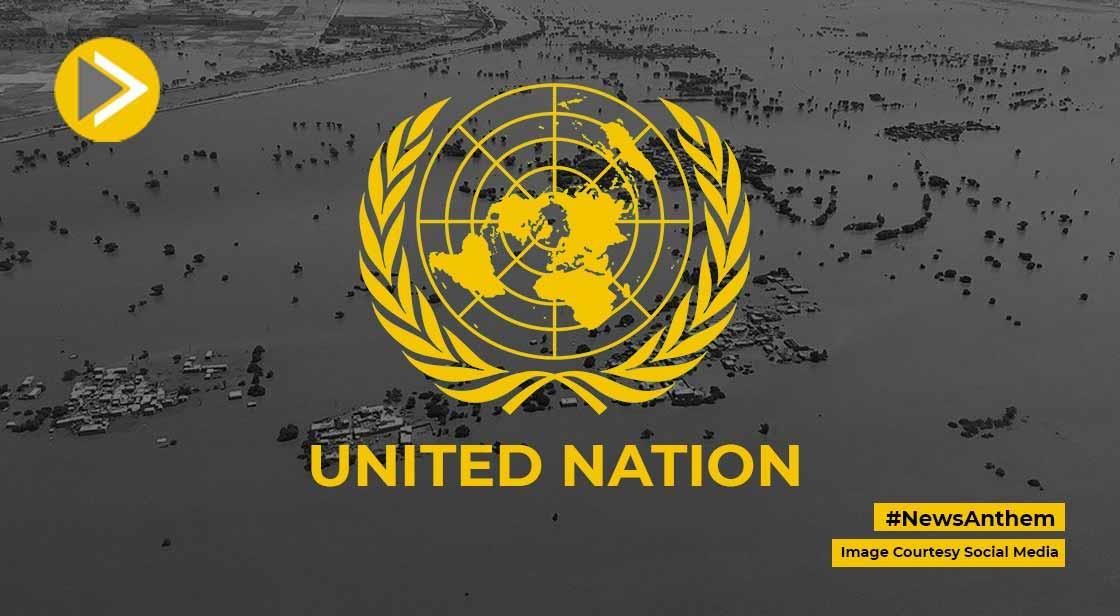United Nations to Cut 20% of Workforce Amid Severe Budget Constraints

News Synopsis
In response to a growing financial crisis, more than 60 United Nations agencies, offices, and programs have been instructed to submit proposals by mid-June to reduce their workforce by 20%. This decision forms part of a sweeping reform effort to consolidate operations as the organization faces a worsening budget shortfall.
According to UN spokesperson Stephane Dujarric, the move affects approximately 14,000 posts covered under the regular UN budget, meaning around 2,800 staff members could lose their positions.
Agencies Across Sectors to Be Affected
Cuts Span Humanitarian, Refugee, Trade, and Gender Equality Departments
The proposed reductions will impact departments involved in political affairs, humanitarian work, gender equality initiatives, refugee support, and international trade, as well as environmental and urban programs. The UN agency for Palestinian refugees (UNRWA) is also among those expected to implement staff cuts.
Guterres’ Reform and Budget Strategy
Budget Reduction Goals Tied to UN80 Initiative
In a memo shared with impacted bodies, UN Controller Chandramouli Ramanathan confirmed that these staff reductions align with Secretary-General Antonio Guterres’ directive to cut the current $3.72 billion budget by 15% to 20%. The changes are part of the broader UN80 reform initiative, launched in March to modernize the organization ahead of its 80th anniversary later this year.
The memo advises leaders to “assess functions based on efficiency; prioritize based on impact; target redundant, overlapping or non-critical functions or roles for consolidation or abolition.”
Funding Crisis Not Tied to Trump’s Foreign Aid Cuts, Says Guterres
Member Nations Behind on Dues, US Among Defaulters
Guterres clarified that these measures are not linked to U.S. President Donald Trump’s foreign aid cuts, noting that U.N. resources have been shrinking for over seven years. A significant issue is delayed or missing payments from member states. Of the 193 UN member nations, only 152 paid their dues in full last year, including China. The U.S., responsible for 22% of the regular budget, was not among them.
China’s contribution was recently increased to 20%, reflecting its growing economic standing.
Peacekeeping and Voluntary-Funded Agencies Unaffected — For Now
Separate Budgets for Peacekeeping, WFP, UNHCR, and UNICEF
The cuts apply only to the regular budget and do not affect the 11 UN peacekeeping missions, which are funded separately. Agencies such as the World Food Programme (WFP) and UNHCR, which operate on voluntary contributions, are also making independent cost reductions.
Internal memos reveal that WFP could reduce staff by 30%, and UNHCR plans to cut headquarters and regional operations by 30%, while reducing senior-level roles by 50%. UNICEF and OCHA have similarly outlined or initiated cost-saving measures.
Submission Deadline and Next Steps
The agencies have been instructed to submit final proposals by June 13, with the revised staffing plans expected to be incorporated into Guterres' 2026 budget proposal, which will be reviewed and voted on by the UN General Assembly in December.
Conclusion
The United Nations is undertaking one of its most significant staffing reductions in decades, targeting a 20% cut in its regular budget workforce—amounting to around 2,800 jobs. This urgent reform reflects the world body’s struggle to function amid mounting financial pressures and delayed payments from member states.
Secretary-General Antonio Guterres’ UN80 initiative aims not only to modernize the global institution but also to make its operations leaner and more effective. While Guterres distances the reforms from any political pressures, particularly those tied to past U.S. foreign aid decisions, the inconsistent contributions from member nations continue to undermine the UN's fiscal health.
As the organization heads toward its 80th anniversary, it must balance cost-efficiency with global humanitarian responsibilities. Whether this downsizing will strengthen the UN’s mission or diminish its reach remains to be seen—but it is undeniably a turning point in its modern history.









